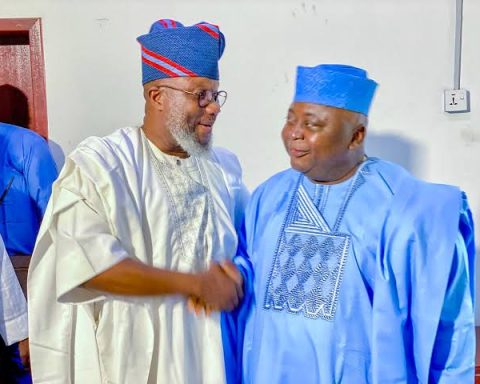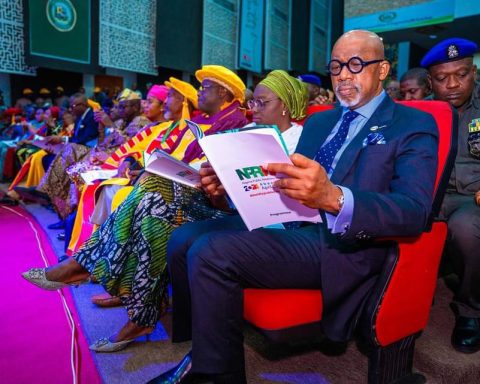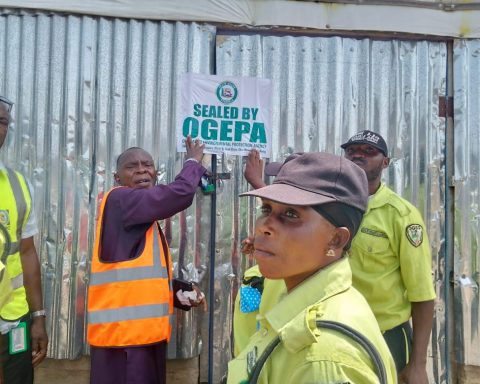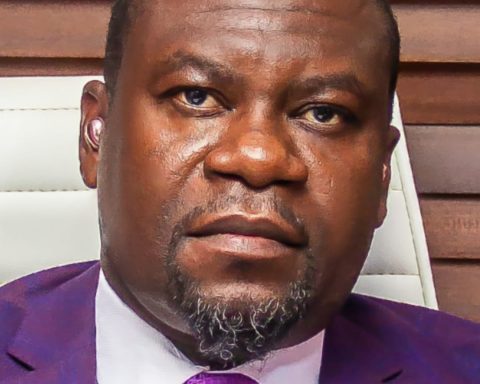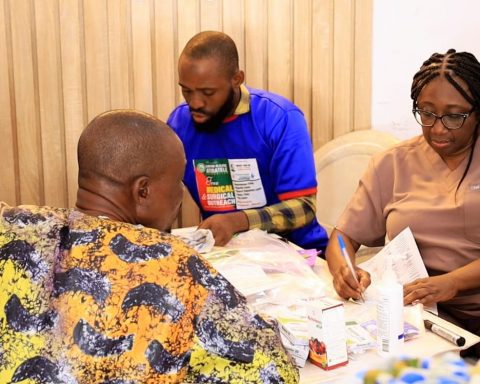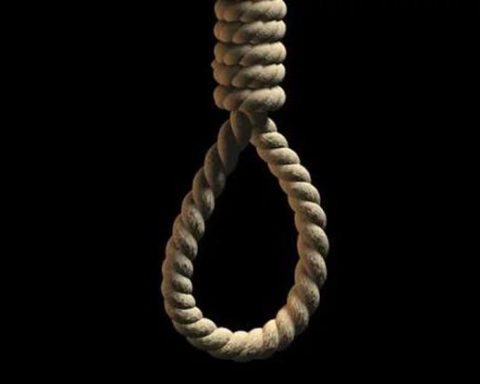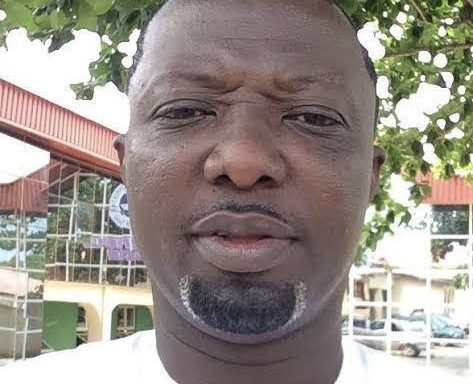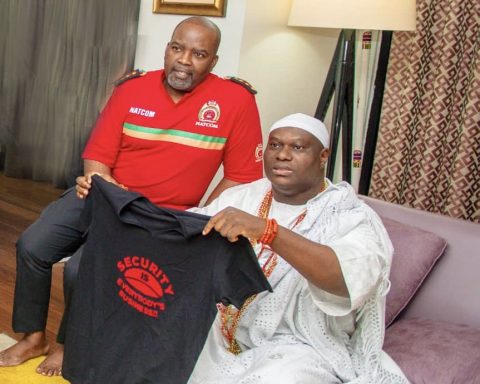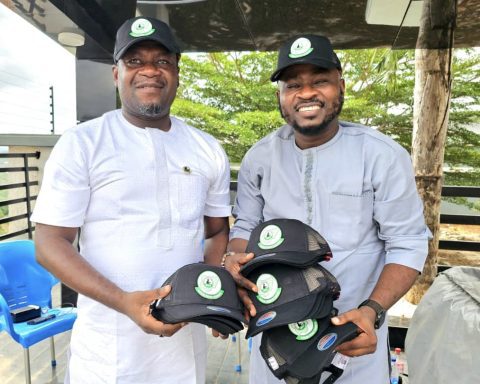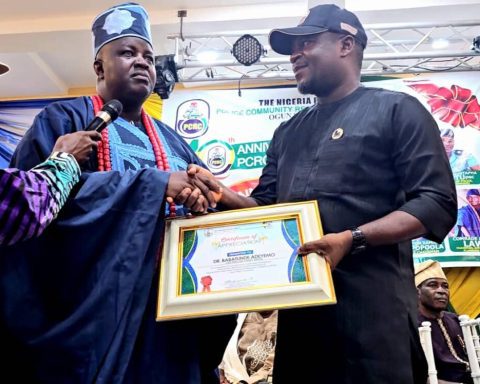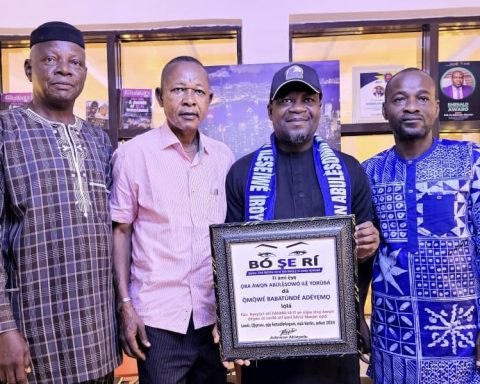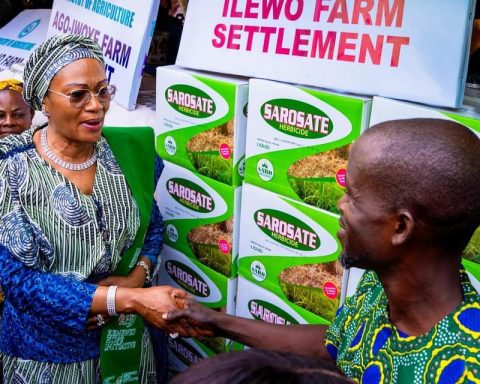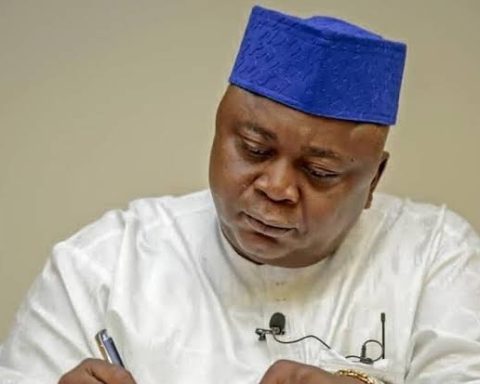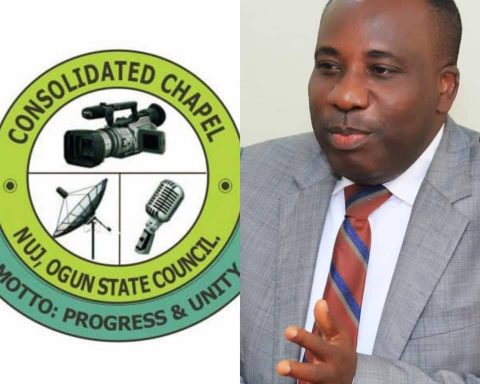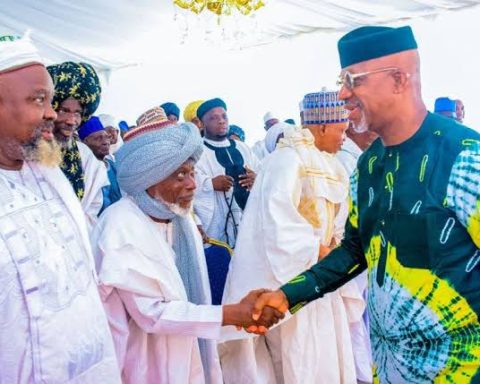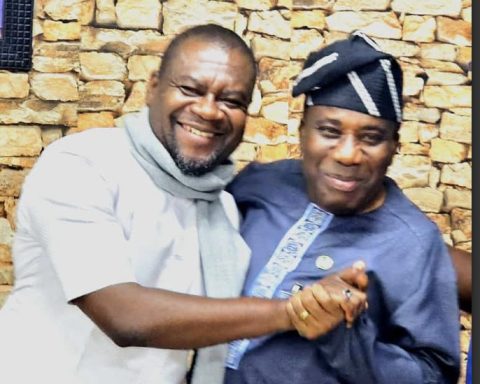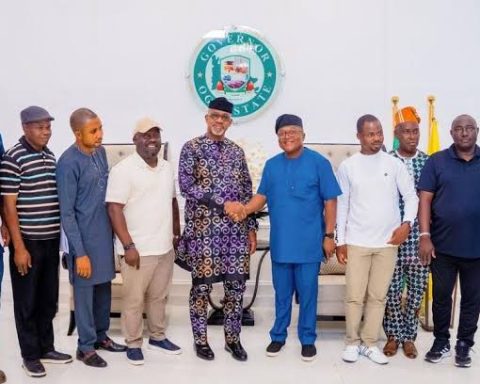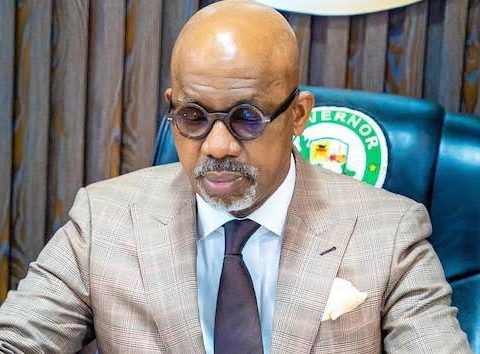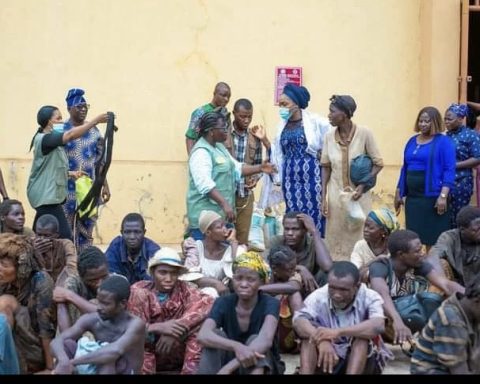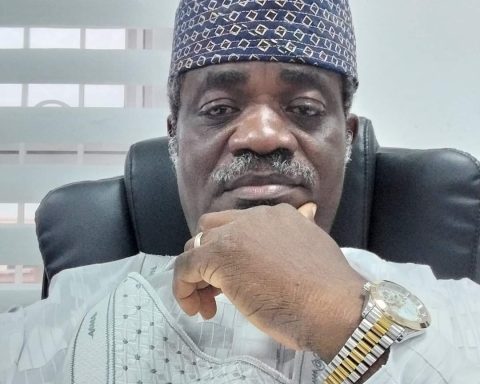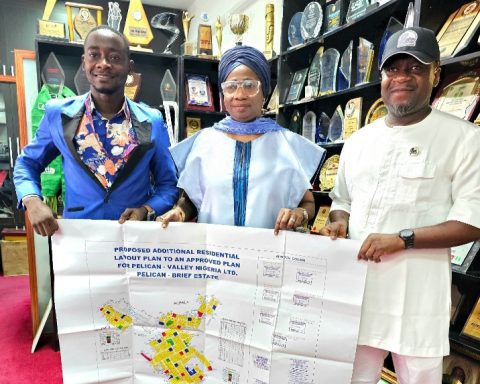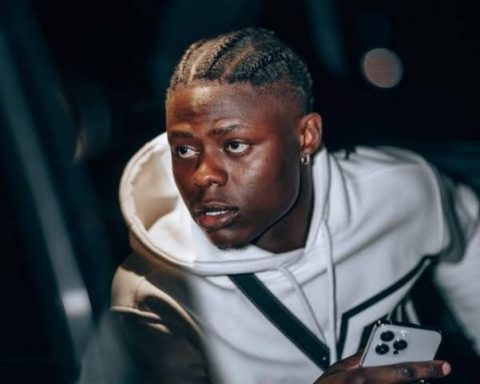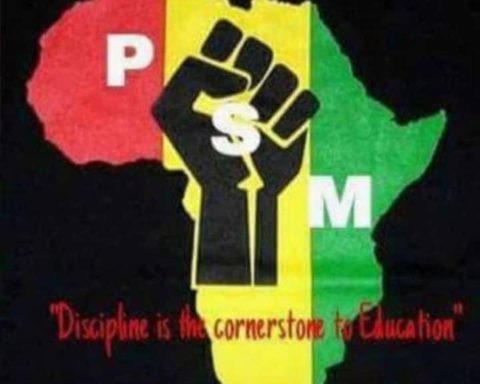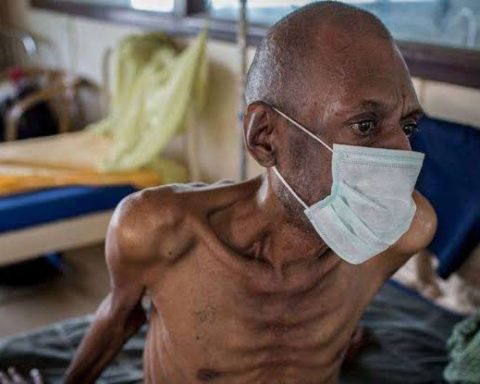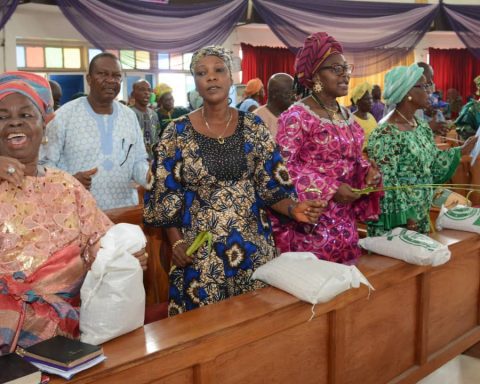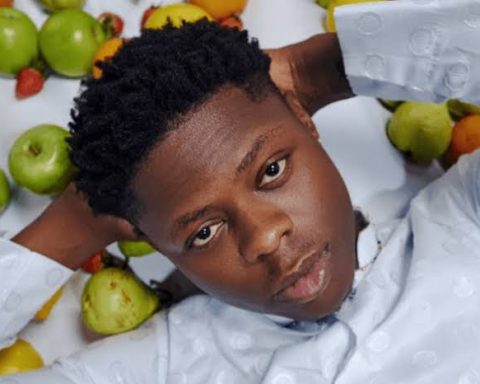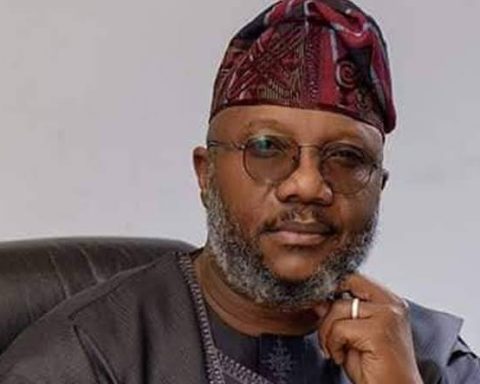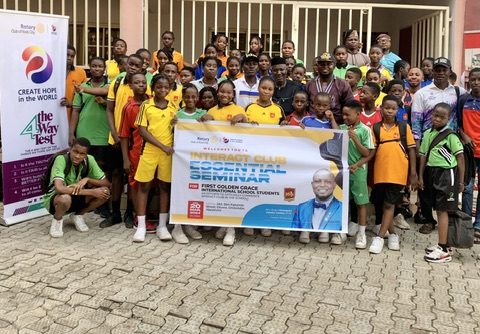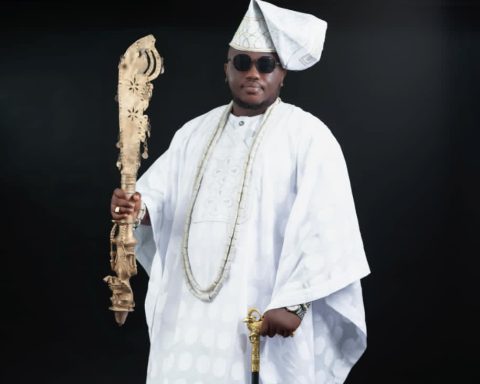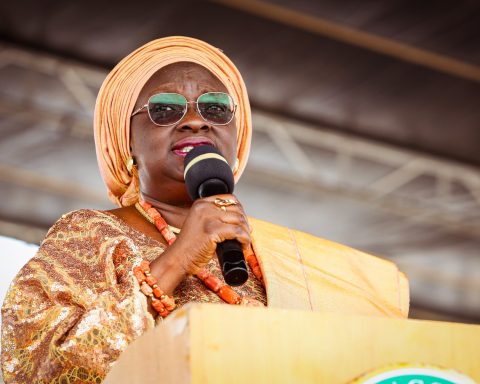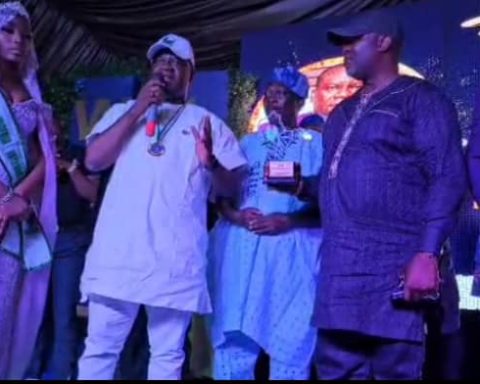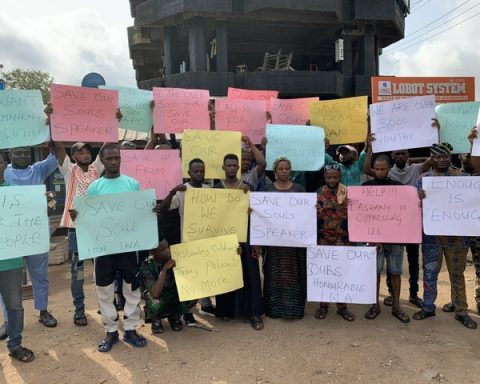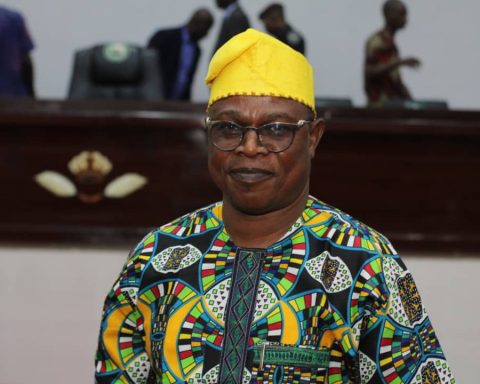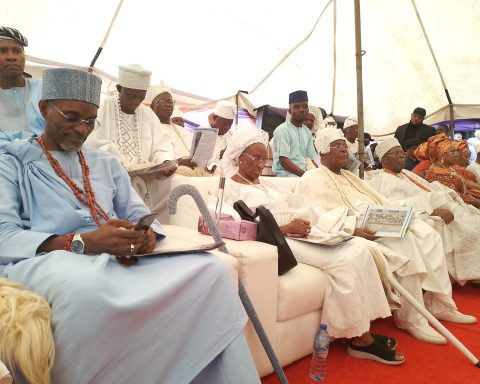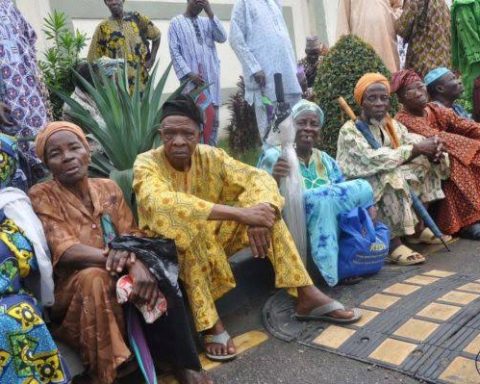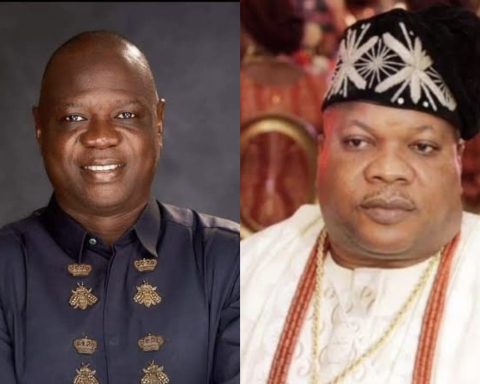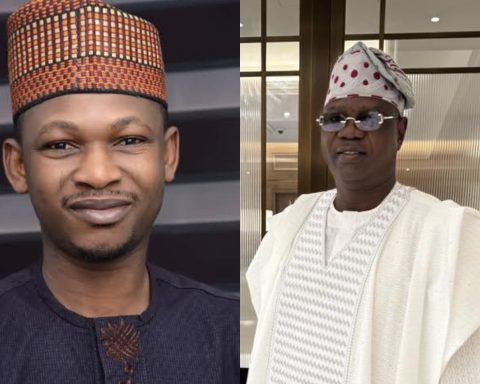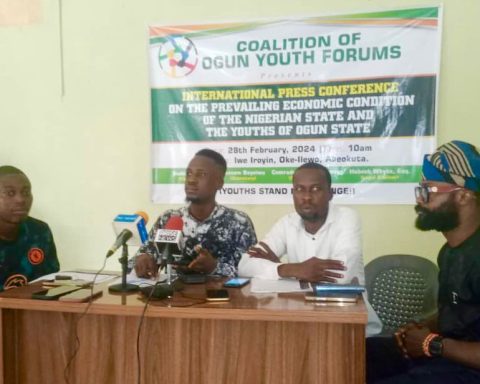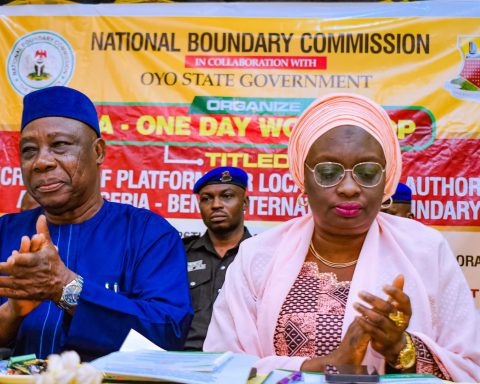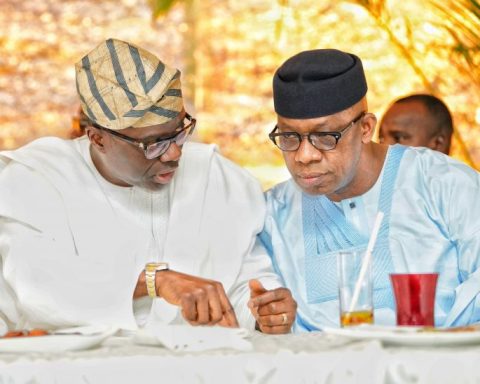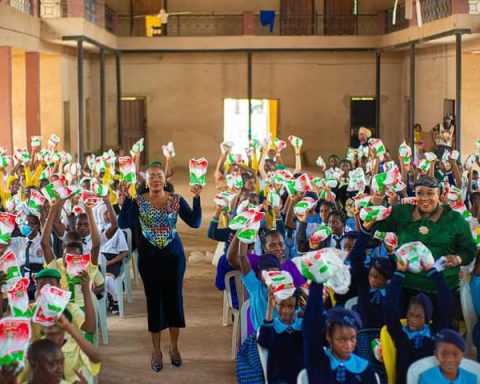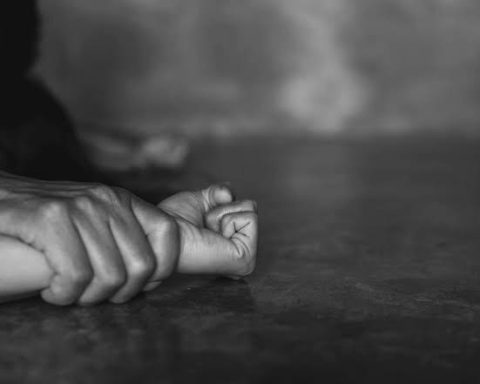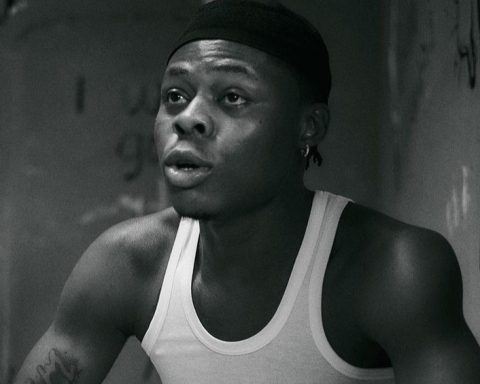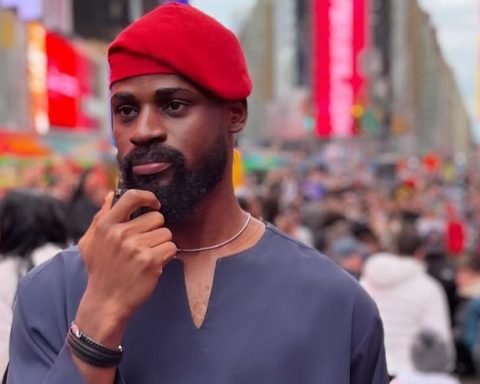It is always the case that, after a court has declared a couple to no longer be husband and wife, another battle begins, which is to determine who should go with the child/children?
In law, the whole process of who is to go with the child is referred to as CUSTODY.
Custody means the care, control and maintenance of a child awarded by a court to a responsible adult.
Put simply, it is the giving of the child or children to a responsible adult by the court so that they the child or children can be taken care of, controlled and maintained.
As a matter of law, custody involves two element- legal custody and physical custody.
The legal custody is the decision making authority granted by the court to any of the parties deem fit, i.e. the power to make and take any decision as regards the child.
The physical custody has to do with the care-giving authority, i.e. the one with whom the child is to be with.
In some cases, the awards joint custody by which both the man and woman share the responsibility for and authority over the child at all times, although one parent may exercise parental physical control.
Now, in awarding custody to either party, i.e. in giving the child to any of the party, Section 71(1), Matrimonial Causes Act, 1970 holds that the court “to regard the interest of the child as the paramount consideration”
Put simply, where matters of whom the child should be given to arises, the court is to place the interests of the child/children far above every other thing to determine such.
Speaking about interest of the child/children, Karibi-Whyte, J.S.C in the celebrated landmark case of Williams v. Williams observed that;
“…the welfare and interest of the child is a composite of many factors. Considerations such as the emotional attachment to a particular parent, mother or father; the inadequacy of facilities such as educational, religious or opportunities for proper upbringing are matters which may affect the determination of who should have custody.”
All of the above have been considered in our courts in awarding custody of a child.
In the case of Okafor v.Okafor, the court refused to grant the custody of a child of the marriage to the mother who had not seen the child physically for almost 6 years other than photographs.
Again, in Kolawole v. Kolawole, the court refused to grant custody to a mother who had once tried to kill the child.
On the conduct of parties, the Supreme Court in Williams v. Williams held that the commission of adultery by a spouse does not necessarily deprive the party of custody. An adulterous mother may yet be a good mother in taking care of the child. The child’s welfare remains the major consideration.
As regards the sex of the child, in Oyewole v. Oyewole both parties had applied for custody of two male children. The children lived with their mother 2 years since the separation of the marriage. The court held thus;
“…as male children, their rightful and natural place is their father’s home. It does not matter how long they stay away from it, they will one day long for it”
However, the learned Kutigi, J.C.A in the case of Olebuike v. Olebuike took an opposing view. In his opinion, the words of Section 71, MCA must be interpreted strictly without adding or subtracting anything. On his part, he regarded the question of male child belonging to the father’s family as adding and subtracting from what section 71, MCA holds.
Another thing the court considers is adequacy of arrangements for the child.
In Dawodu v. Dawodu, the court refused to grant custody to a mother who had no home of her own or private means to bring the child up because it was not in the best interest of the child.
The court will not discriminate between a Nigerian and Non-Nigerian in the award of custody.
In Oloyede v. Oloyede it was held that the fact that the mother of the child was not a Nigerian (Irish) did not justify the award of custody to a father who the court found to be unfit.
Lastly, where both parents are found to be unfit, the court has the discretion to grant custody to a third party.
LEGALJOE who is also JOSEPH ALIU is a Law undergraduate, Oou chapter and can be reached via 09085773212, 09131704196, aliujoseph085@gmail.com


